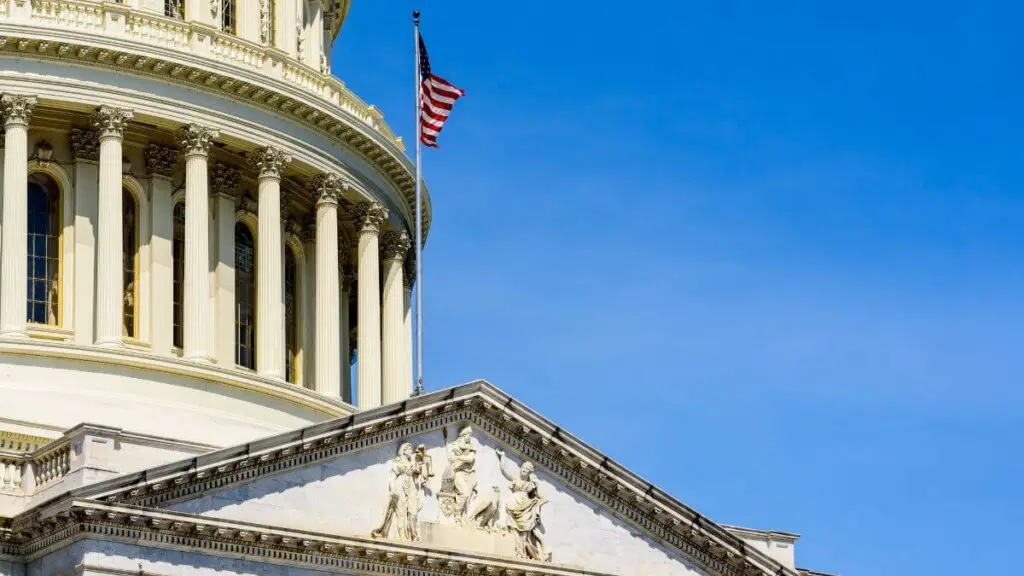Education is mostly controlled by the states and is, in fact, the largest individual spending area of state and local government budgets. We look to state legislatures for the rules and regulations governing both K-12 and higher public education. The ability of state legislatures, instead of the federal government, to direct K-12 education creates differences across the country in education standards. For example, this spring, two new states joined the list of those requiring completion of a standalone one-semester Personal Financial Literacy (PFL) class for high school graduation, making nineteen states total.
The other thirty-one states require financial literacy education on a scale from “no formal standards” (California) to “elective PFL course required to be offered” (Texas). How do we get these states to the “gold standard” of financial literacy education, either currently or soon to be enjoyed by students in the aforementioned nineteen states? Funding is a major issue. While there exists strong bipartisan support for improving financial literacy education in high school, support weakens when it comes to the cost of adding a required class. Some bills in state legislatures requiring a PFL class for high school graduation end up “watered down” before passing by allowing the PFL standards to be included in other math or social studies courses.
Student Empowerment and Financial Literacy Act
Fortunately, a bipartisan duo in the U.S. House of Representatives has proposed a bill that would provide grant money from the federal Department of Education to school districts across the country that are trying to improve financial literacy education. This proposal, the Student Empowerment and Financial Literacy Act, is the work of Wisconsin Republican Mike Gallagher and Ohio Democrat Joyce Beatty. Although the Act does not require school districts to implement the “gold standard” of a mandatory standalone PFL class to receive a grant, any improvement in financial literacy education benefits teenagers.
The U.S. Department of Education has a hand in nationwide education policy by providing research, policy guidance, and financial grants to help states and school districts. Grants under the Financial Education for College Access and Success program “supports State-led efforts to develop and implement personal finance instruction to give high school students the skills to make sound financial aid and personal finance decisions.” Additional funding in this area, provided by the Student Empowerment and Financial Literacy Act, could help thousands of high school students by improving their financial literacy.
Grants helping high schools hire an additional full-time teacher to teach a mandatory PFL class could also pay dividends in other areas. Many schools would not need all class periods in a day to teach all seniors Personal Financial Literacy, allowing a full-time teacher to spend at least a few periods each day teaching a related subject, such as Economics, Civics, or Government in social studies or Financial Math or Accounting in the math department. And in terms of general school management, it is always beneficial to have an additional full-time teacher who can serve as a mentor, hall monitor, or even occasional substitute.
As a high school teacher myself, who previously taught a section of Personal Financial Literacy as an elective class in Texas, a grant to hire a full-time PFL teacher would be amazing for my campus!


